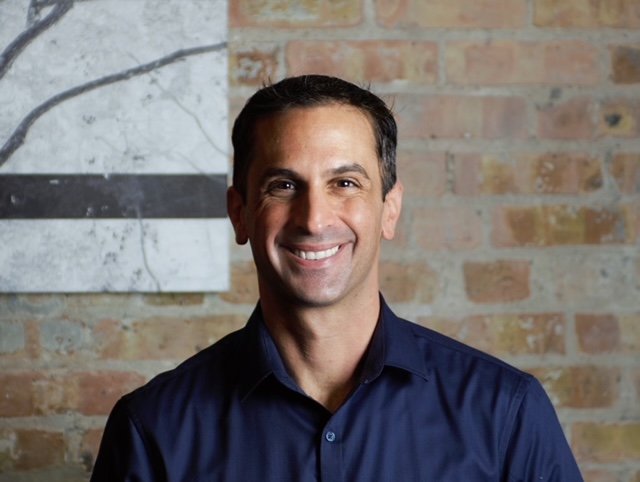
About & Philosophy
Since 2009, I’ve worked as a forensic retirement consultant focused on exposing hidden fees and conflicts of interest in the 401(k) industry. I specialize in evaluating group retirement plans through a detailed analysis of cost, services, and technology.
Over the years, I’ve reviewed thousands of 5500 forms and built a proprietary database tracking excessive fees across retirement plans in the Chicago area. This research has given me deep insight into what constitutes reasonable service provider compensation—knowledge I use to help plan sponsors and participants make smarter financial decisions.
Whether it’s plan design, asset allocation, tax strategy, or budgeting, my goal is to deliver clear, fairly priced advice, act as a true fiduciary, and push for a retirement system that prioritizes the people it’s meant to serve.
My Philosophy as a Forensic Consultant
In the retirement plan industry, financial advisors typically charge asset-based fees and argue that they need to charge this way because they are “managing” the account, but they don’t actually do any managing. Instead, they typically choose a cookie cutter fund line-up, rarely if ever make any changes, and wait for participants to contact them.
They attempt to justify their fee structure and management services by misleadingly touting the value of selecting the investment options, acting as a fiduciary, and providing vendor search and benchmarking services. In reality, technology has commoditized their services, resulting in advisors often being significantly overcompensated at the participants’ expense which is rarely evident to either the participants or employers.
The real value lies in advisors taking the time to meet with participants and help them figure out how to determine an optimal retirement plan contribution level, create and monitor a budget, determine an investment risk level that makes sense, effectively allocate contributions between a Roth or traditional 401(k), and implement a debt repayment plan if applicable.
With regard to fiduciary services, simply having a fiduciary on the plan doesn’t mean much. The fiduciary needs to actually add value by taking actions such as constructing an investment policy statement, documenting plan sponsor and participant phone calls and meetings, and establishing an investment committee.
Just like any other service professional, the advisory fee should be based on time and value rather than a fee based on the value of the assets, which has no bearing on the value or level of services provided. Ideally, the employer should pay this fee, which has the advantages of being tax deductible, helping the employees save more for retirement, reducing fiduciary liability, and putting employers in a better position to assess the true value of the services and effectively compare to other providers.

Take the Next Step
Empower your company and secure a brighter financial future. It all starts with a single click.

